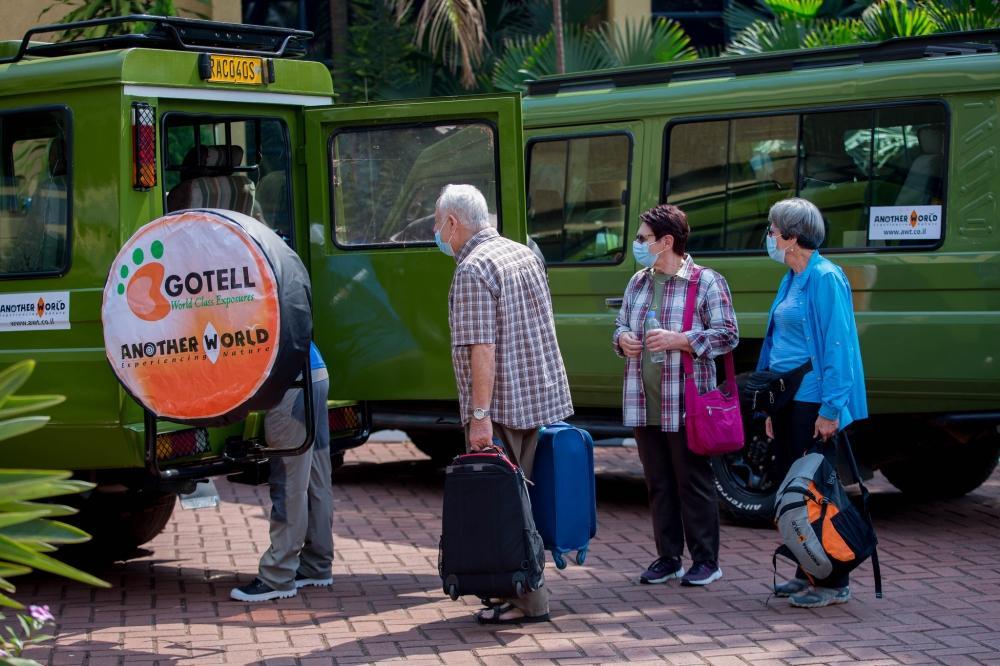Africa-Press – Rwanda. Travellers who visited Rwanda from various parts of the world spent $579.5 million on goods and services in 2024, compared to $563.8 million in 2023, showing a modest year-on-year increase.
This is according to the latest Travel Expenditure Survey report by the National Institute of Statistics Rwanda (NISR).
The survey is a summary of how travel services (i.e., visitor spending in Rwanda, also known as travel credits) have changed over the years and quarters.
Holiday travel consistently drives the most revenue, followed by visiting friends & relatives (VFR) and business travel.
The report presents findings from the Travel Expenditure Survey conducted between November 1, 2024, and January 30, 2025, which were used to estimate travel services for the year 2024.
The survey collects data on non-residents’ expenditures on goods and services during their stay in Rwanda, as well as payments made by Rwandan residents for travel abroad.
The survey gathered information from a varied sample of travellers, analysing expenditures in major categories, including accommodation, food and beverages, transportation, shopping, entertainment, sightseeing, education-related expenses, health-related costs, and other spending, excluding international transportation costs.
Meanwhile, the report shows that in 2024, Rwandans spent $363.8 million on travel-related services in other countries.
As a result, Rwanda recorded a net surplus of $215.6 million from travel services, the survey explains.
In the fourth quarter of 2024, earnings from travel services were estimated at $126.1 million, with holiday travel accounting for $56.2 million.
On the other hand, Rwandan residents’ payments abroad for travel services were estimated at $91.0 million in the first quarter of 2024, with $36.3 million primarily spent for business purposes.
In the fourth quarter of 2024, Rwanda received a total of 76,438 non-resident visitors by air and 248,646 by land.
During the same period, 56,324 Rwandan residents returned from abroad by air, while 339,110 returned by land.
The report recommends that policymakers, businesses, and other data users can rely on the results of this report to make evidence-based decisions.
For More News And Analysis About Rwanda Follow Africa-Press






